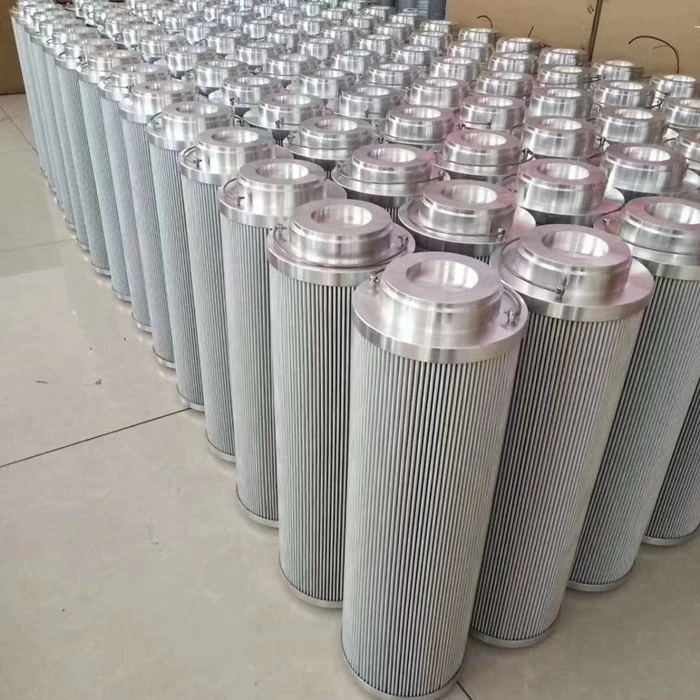 Tel:
+8618931101301
Tel:
+8618931101301
12 月 . 04, 2024 09:04 Back to list
gas turbine air intake filter
Understanding Gas Turbine Air Intake Filters
Gas turbines play a crucial role in power generation, aviation, and various industrial applications. At the heart of their operation lies the significance of air quality, particularly the air intake system. One of the most critical components in ensuring the efficiency and longevity of gas turbines is the air intake filter. In this article, we will delve into the importance of gas turbine air intake filters, their types, maintenance, and the impact of environmental factors on their performance.
The Role of Air Intake Filters
Air intake filters are designed to remove pollutants and particulate matter from the air before it enters the gas turbine. This filtration process is essential as contaminants such as dust, salt, and pollen can severely affect turbine performance. If these particles enter the combustion chamber, they can lead to reduced efficiency, increased wear and tear, and potential system failures. Therefore, the air intake filter acts as the first line of defense, ensuring that only clean air reaches the turbine.
Types of Air Intake Filters
Gas turbine air intake filters come in various types, each suited for different conditions and operational requirements
. The most common types include1. Panel Filters These are often used in industrial applications and are designed to trap larger particles. Panel filters are relatively inexpensive and easy to replace, making them popular in many installations.
2. Pleated Filters Offering a larger surface area than panel filters, pleated filters can capture a greater volume of particles without restricting airflow too much. This makes them ideal for environments with higher pollution levels.
3. Bag Filters These filters have a high dust-holding capacity and are suitable for locations with extreme dust concentrations. They are often used in heavy industries and provide robust protection for gas turbines.
4. Cyclone Filters Utilizing centrifugal force, cyclone filters can effectively remove particulates by spinning the incoming air. They are particularly useful for pre-filtration in very dusty environments.
gas turbine air intake filter

5. Electrostatic Filters These filters use electric charges to attract and hold onto airborne particles. They are highly effective in certain situations but may require more complex maintenance compared to standard mechanical filters.
Maintenance Considerations
Regular maintenance of air intake filters is vital for the optimal performance of gas turbines. Neglecting this aspect can lead to reduced airflow, increased energy consumption, and potential damage to the turbine components. The frequency of maintenance depends on several factors, including the operating environment, usage patterns, and the type of filter employed.
Maintenance typically includes routine inspections, cleaning, and replacement of filters. For example, in relatively clean environments, filters may need replacement every few months, whereas in harsh, industrial settings, more frequent changes might be necessary. Additionally, monitoring pressure differentials across filters can help engineers determine when a filter is becoming too clogged and needs attention.
Environmental Impact
Environmental factors play a significant role in the performance of gas turbine air intake filters. Locations with high airborne pollutants, such as deserts or industrial zones, can lead to quicker saturation of filters and necessitate more frequent changes. Conversely, in cleaner environments, filters can last longer and remain effective for extended periods.
Moreover, seasonal variations can also affect filter performance. For instance, during dry months, dust levels tend to rise, leading to increased wear on filters. Therefore, operators must consider geographic and seasonal aspects when planning maintenance schedules.
Conclusion
In summary, the air intake filter is a vital component in the functioning of gas turbines. It not only protects the turbine from harmful contaminants but also ensures efficient operation. With various types of filters available, operators can select suitable options based on environmental conditions and operational needs. Proper maintenance, coupled with an understanding of environmental impacts, plays a crucial role in extending the lifespan and efficiency of gas turbines. By prioritizing the quality of air entering the system, industries can achieve better performance, reduced downtime, and ultimately, enhanced productivity.
-
How to choose a high-efficiency air filter? Here comes a professional guideNewsOct.21,2024
-
Air filter: multi-field application, protecting fresh airNewsOct.17,2024
-
Carbon air filter: a green guard to protect air qualityNewsOct.16,2024
-
Can activated carbon completely remove indoor odors and pollutants in air purification?NewsOct.14,2024
-
How to filter air efficiently and ensure indoor air quality?NewsOct.12,2024
-
Activated carbon filter: the invisible guard of clean water lifeNewsOct.11,2024

 Email:
Email:





